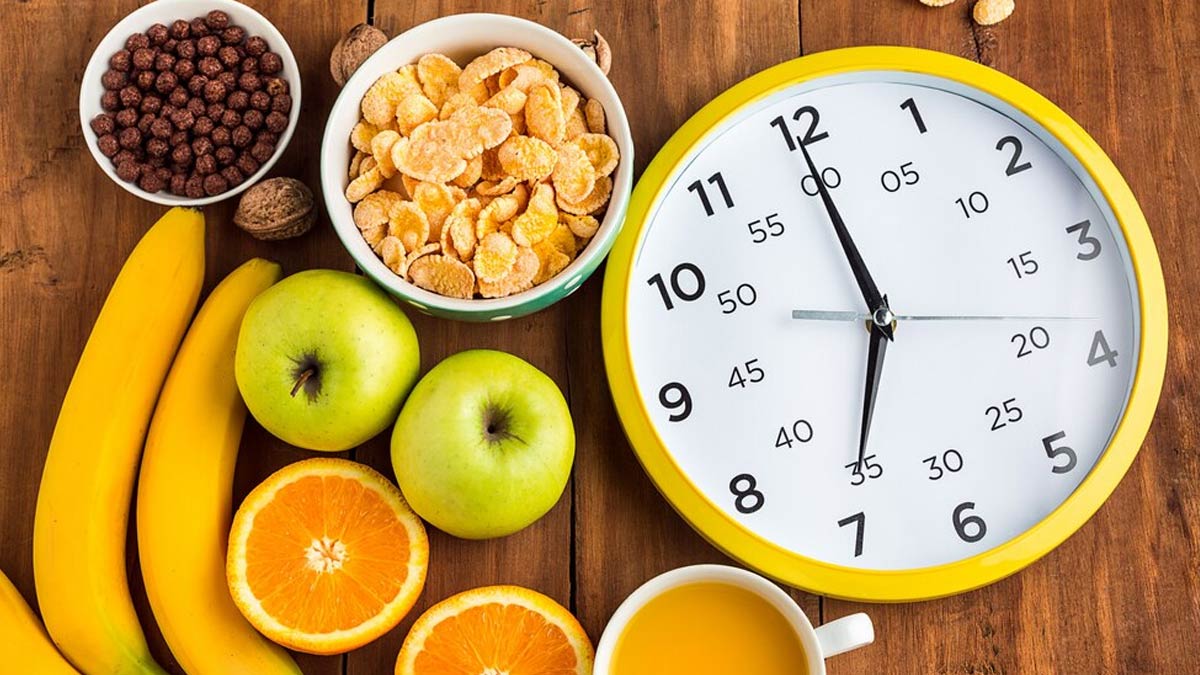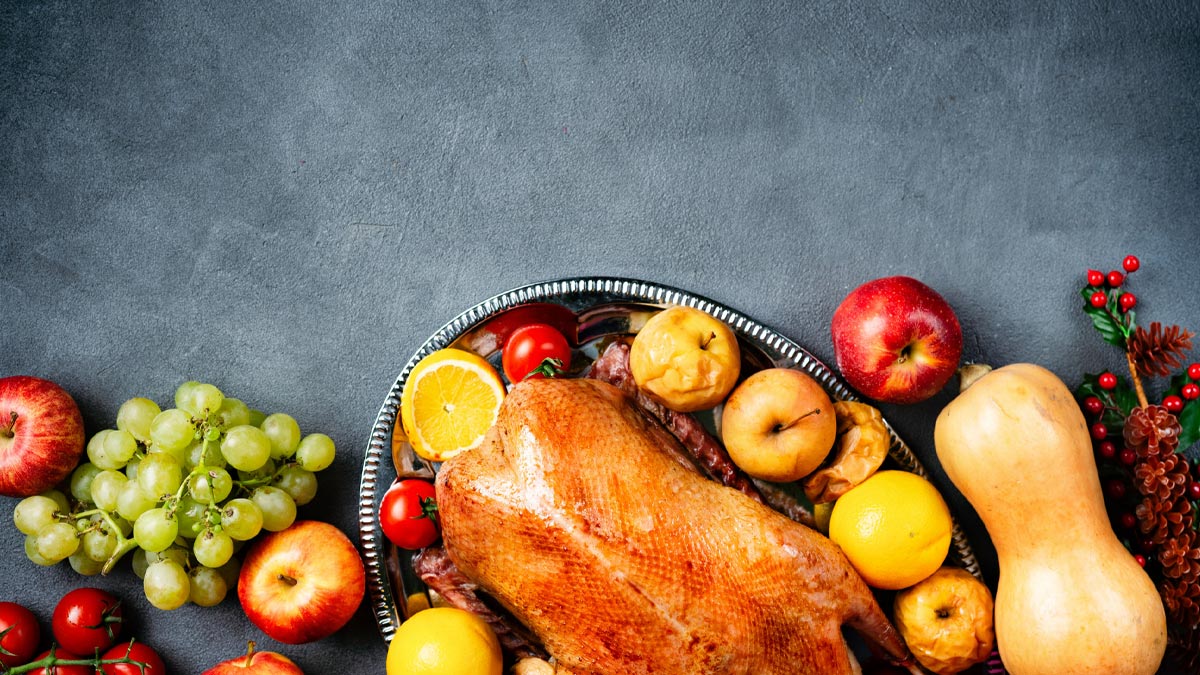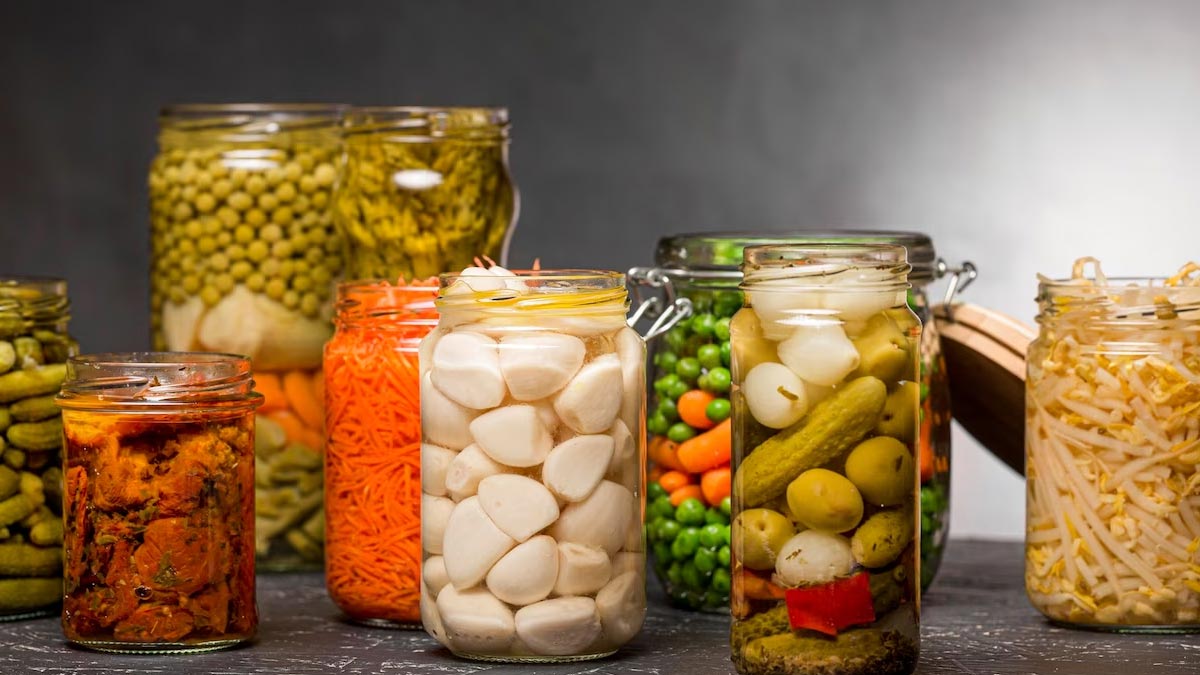
Intermittent fasting has become increasingly popular in recent years as a way to improve overall health and achieve weight loss goals. This eating pattern involves restricting food intake for certain periods, usually between 16 and 24 hours, followed by a window of eating. However, what you eat during that window of eating is just as important.
Table of Content:-
Food Items To Eat While Intermittent Fasting
Choosing the right foods can help you maximise the benefits of intermittent fasting while minimising the risk of negative side effects such as hunger pangs, low energy levels, and food cravings. Here are some ideal food items to eat while intermittent fasting:
1. High-Fibre Vegetables
High-fibre vegetables are a great food option while intermittent fasting because they are low in calories and high in nutrients. They also contain fibre which helps you feel full and satisfied, making it easier to stick to your fasting window. Some good examples of high-fibre vegetables include broccoli, spinach, kale, and Brussels sprouts.
2. Lean Protein Sources
Protein is an essential nutrient that is particularly important while fasting as it helps in keeping you full and satisfied. Lean protein sources, such as chicken, turkey, fish, and tofu are great options to include in your diet while intermittent fasting.

Also read: 7 Sitting Exercises To Prevent Body Discomfort
3. Nuts and Seeds
Nuts and seeds are packed with healthy fats, fibre, and protein, making them a great food option while intermittent fasting. They are also easy to snack on and can help to keep hunger at bay. Some good examples of nuts and seeds to include in your diet while fasting include almonds, walnuts, chia seeds, and flaxseeds.
4. Whole Grains
Whole grains are an excellent source of fibre and other essential nutrients such as B vitamins, iron, and zinc. They are also low in calories and can help to keep you full and satisfied, making them a great food option while intermittent fasting. Some good examples of whole grains include brown rice, quinoa, and whole-grain bread.
5. Low-Glycemic Fruits
Fruits are a great source of vitamins, minerals, and antioxidants, but they can also be high in sugar, which can cause blood sugar spikes and crashes. Choosing low-glycemic fruits, such as berries, apples, and citrus fruits, can help regulate blood sugar levels and keep you feeling full and satisfied.
Also read: 7 Sitting Exercises To Prevent Body Discomfort

6. Fermented Foods
Fermented foods, such as yoghurt, kefir, sauerkraut, and kimchi, are rich in probiotics, which are beneficial for gut health. They can also help to keep you feeling full and satisfied, making them a great food option while intermittent fasting.
7. Water and Herbal Tea
While not technically a food, staying hydrated is important while fasting, and water and herbal tea are the best options for staying hydrated. Drinking plenty of water and herbal tea can help to keep you feeling full and satisfied and can help to flush out toxins from the body.
Choosing the right foods can make all the difference when it comes to intermittent fasting. By including high-fibre vegetables, lean protein sources, nuts and seeds, whole grains, low-glycemic fruits, fermented foods, and water and herbal tea, you can help in maximising the benefits of intermittent fasting while minimising the risk of negative side effects. Remember to consult with a healthcare professional before making any significant changes to your diet or lifestyle.
How we keep this article up to date:
We work with experts and keep a close eye on the latest in health and wellness. Whenever there is a new research or helpful information, we update our articles with accurate and useful advice.
Current Version